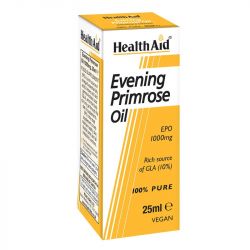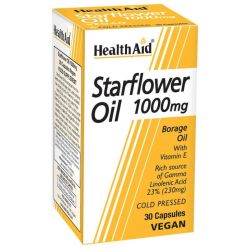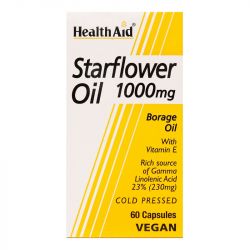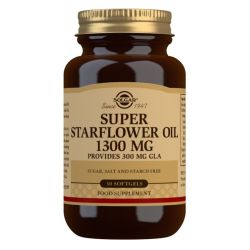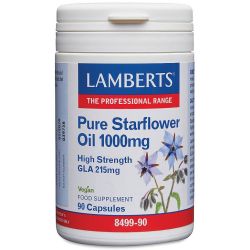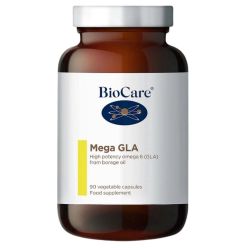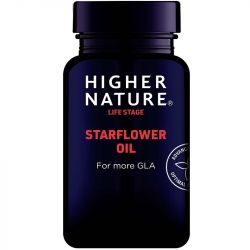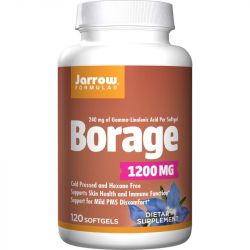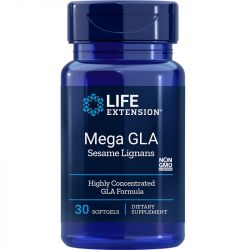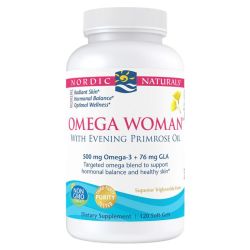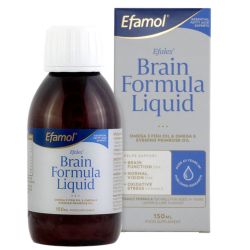GLA
Gamma linolenic acid (GLA) is a fatty acid found in plant seed oils. It is often taken in supplementary form as GLA oil.
Like borage oil and evening primrose oil, it is typically used to help with skin conditions, such as eczema and psoriasis, and to support a healthy body and mind.
GLA supplements are available in capsules of varying strengths, including capsules suitable for vegatarians.
All you need to know about GLA
What is gamma linolenic acid (GLA)?
Otherwise known as GLA, gamma linolenic acid is an omega-6 fatty acid that is found in seed oils from plants such as borage and evening primrose. GLA supplements are used to ease symptoms of conditions such as joint pain and arthritis, eczema, diabetes (and associated nerve problems), and high blood pressure. When consumed, GLA supplements are converted into substances that aid cell growth while reducing inflammation in the body.
Who shouldn't take GLA supplements?
There is no concrete evidence to suggest that GLA supplements are safe to use when a person is breast-feeding or pregnant, therefore it is best to avoid use if you are expecting a baby. If you have a bleeding disorder, GLA supplements may prevent blood clotting, causing issues with excessive bleeding and bruising. If you are due to have surgery, you shouldn't take GLA supplements in the two weeks leading up to your operation. Generally speaking, you shouldn't take GLA supplements for more than a year, as they can cause problems with the digestive system and bring on excessive gas, diarrhoea and intestinal cramping.
Which foods contain naturally high levels of GLA?
There are naturally high levels of GLA in human breast milk, as well as offal (organ meats such as liver and kidneys). Oil of evening primrose and hemp seed oil are common supplements that deliver high levels of GHA. You can also get GLA from blackcurrants, spirulina, mushroom oil and borage.
How much GLA should I be taking?
You'll find most GLA supplements are available in a soft gelatin capsule form. Capsules range from 240mg to 300mg. It is recommended that no more than 1800mg is taken per day, for up to 18 months at a time. You should always consult your GP first before taking supplements.

